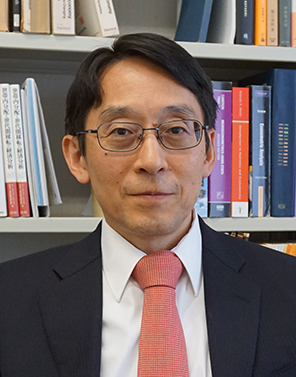- Lecturer: Charles Yuji Horioka (Research Professor, Asian Growth Research Institute; Invited Professor, Institute of Social and Economic Research, Osaka University)
- Date: Wednesday, May 11, 2016, 6:00-7:30 pm
- Venue: Iwasaki Koyata Memorial Hall, International House of Japan
- Language: Japanese (without English interpretation)
- Organizers: International House of Japan, Inter-University Center for Japanese Language Studies, and Nippon Foundation
- Admission: Free
It is often alleged that the Japanese are a “unique people” in that they save more and have closer family ties than other peoples. But is this true? For example, Japan’s household saving rate was rather low except for a period between 1961 and 1986, turning negative in 2013. Moreover, research on bequest motives indicates that family ties are, if anything, weaker in Japan than elsewhere and much more likely to be motivated not by altruism but by a desire to induce one’s children to provide care and financial assistance during old age. Dr. Horioka, an expert on household saving behavior and bequest motives, will elucidate the situation and the economic, social, and cultural factors behind it.
Charles Yuji Horioka
 |
Born in Boston in 1956, Professor Horioka is a second-generation Japanese-American economist. He received his B.A. and Ph.D. degrees in economics from Harvard University and completed the academic-year program at the Inter-University Center for Japanese Language Studies in 1982. He taught at Kyoto, Osaka, Stanford, and Columbia universities and the University of the Philippines before assuming his present position as Research Professor at the Asian Growth Research Institute in Kitakyushu City, Japan. His specialties are macroeconomics, household economics, the Japanese economy, and Asian economies. He has published more than 100 scholarly articles and is one of the most cited economists in Japan. He is best known for his paper on the so-called “Feldstein-Horioka Puzzle” about international capital mobility that he published with Martin Feldstein in 1980. In 2001 he received the seventh Japanese Economic Association-Nakahara Prize.
*This lecture series is part of the Nippon Foundation Fellows Program at the Inter-University Center for Japanese Language Studies.